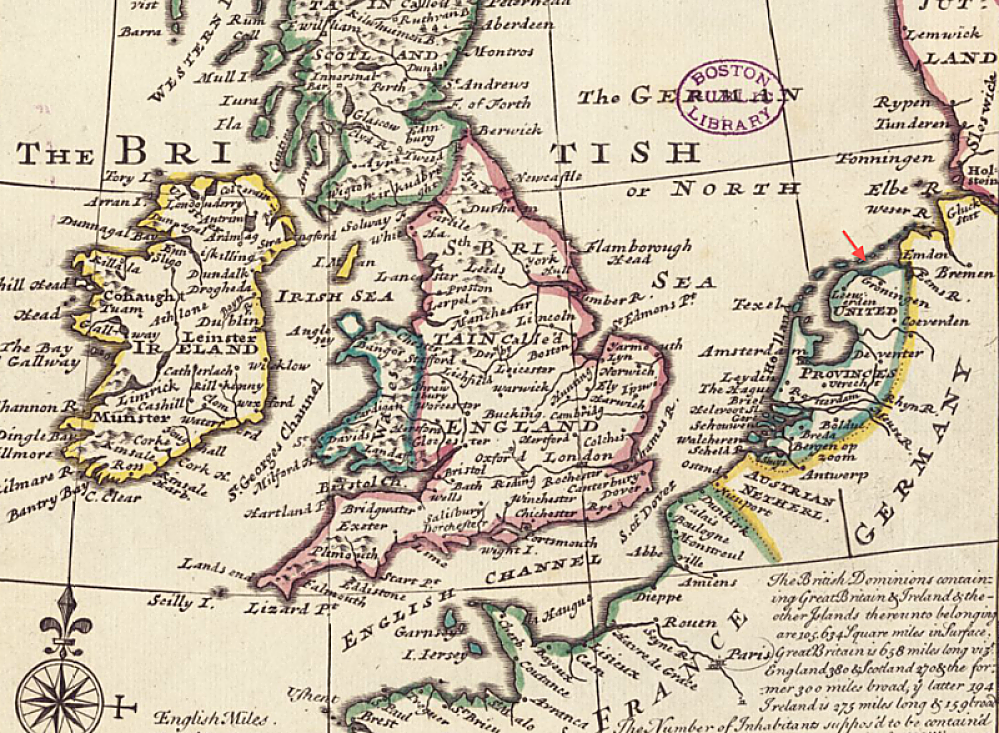As part of the BBC’s project to examine British history from the lesser-known perspective of black Britons, David Olusoga spent the two-parter’s first episode tracing the roots of black people in Britain – a history that recent evidence has dated as originating in the Roman period.
Meeting with forensic scientists, archeologists and historians, Olusoga was a passionate and emotional guide to a facet of history he argues has been whitewashed. An immigrant to Britain himself, Olusoga was visibly moved upon being presented with a reconstruction of the head of the first black Briton, Beachy Head Woman, murmuring “she is the same as me”.
It was this message of commonality that ran through the episode. Coming at a time when discussions surrounding race and immigration increasingly highlight Britons’ differences and cultural incompatibilities, Black and British sets out to show that we all share much more of a collective history than might be expected.
The episode emphasised how this shared history should inform a shared present. An idyllic scene of primary school children from the Cumbrian village of Burgh-by-Sands singing African songs, led by a member of the North East of England African Community Association, illustrated this point powerfully.
Perhaps the greatest criticism of the programme was just how much it relied on stale tropes of ‘Englishness’ to make its point about the position of black Britons in the country’s history. The camera lingered on hazy scenes of village fetes, bucolic rolling hills and fluttering Union Jacks, a method that at times threatened to over-emphasise and overshadow the necessary and important message that Olusoga was attempting to deliver: that black Britons have been part of the nation’s fabric for nearly 2,000 years, and that the history of Britain must thus be looked at through a new lens if the contribution of these Britons to our culture is to be appreciated as it should be.
This programme asserts a timely argument, and it is one that should be heeded – not just in the context of black Britons, but with regard to the multiple histories of Britain that are always overlooked.
Image: Boston Public Library, Map Center

